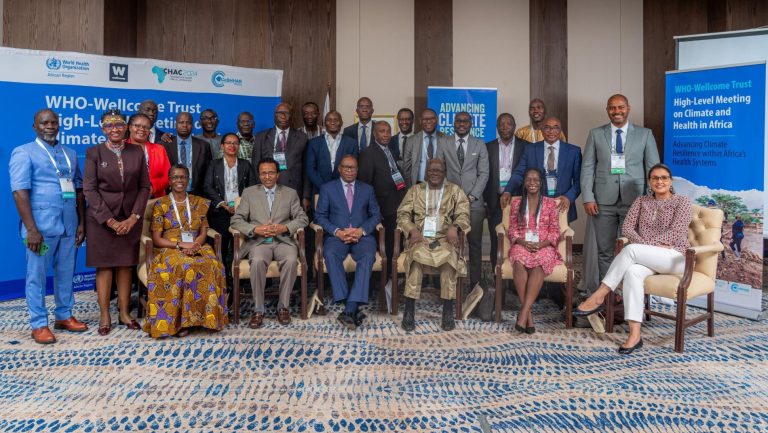African ministers in charge of solid minerals have agreed to adopt Nigeria’s local content model across the continent. This move is meant to help African countries process more of their minerals locally and build strong value chains.
This decision was shared in a statement released by Mrs. Kania Andeyaba, Deputy Director of Press and Public Relations for the Ministry of Solid Minerals Development. It came at the end of the fourth African Natural Resources and Energy Investment Summit (AFNIS) held in Abuja.
The statement also mentioned that the ministers support setting up a pan-African funding system to help add value to minerals through local processing.
AFNIS 2025 was described as an important event where African countries and private businesses renewed their commitment to using natural resources in a way that is inclusive, sustainable, and focused on value creation.
The ministers and CEOs of mining companies said they are committed to improving the region’s ability to test minerals. They also discussed the idea of building joint industrial zones and shared processing centers across Africa.
The statement noted that the ministers promised to fully activate the working groups of the Africa Minerals Strategy Group (AMSG), which was set up in 2024. They aim to follow a clear plan for success.
The ministers also pledged to raise funds within Africa to invest in promising mineral projects. This would help ensure that Africans own and benefit from their natural resources. A new fund called “Africans for Africa” was announced at the summit to support this goal.
Leaders in the mining industry agreed to find ways to use local resources—such as renewable energy, minerals, and skilled workers—to support growth in the green economy.
Nigeria’s Minister of Solid Minerals Development, Dr. Dele Alake, gave a keynote speech at the summit. He emphasized Nigeria’s strong support for this new policy direction.
He also highlighted that Nigeria’s Renewed Hope Agenda has led to big improvements in mining revenues, attracting over \$800 million in investments in critical minerals. Nigeria is becoming a center for lithium processing and electric vehicle technology.
The communique also stated that future mining licenses in Nigeria should require companies to have local mineral processing plans.
Another key event at the summit was a visit to the Asba and Wisdom International Lithium Processing Plant, which showed how the summit’s theme was being put into action.
Discussions at the summit also focused on the importance of energy access for Africa’s development. Nigeria’s compressed natural gas (CNG) program was shared as a good example of a working energy initiative.
During the summit, Nigeria officially signed the Charter to become a full member of the Africa Minerals Strategy Group (AMSG), showing its commitment to working with other African countries on mineral development.
This step confirms Nigeria’s support for a united African strategy focused on adding value to minerals, exploring new sites, attracting African investments, and securing access to critical minerals.
In his speech, the Permanent Secretary of the Ministry of Solid Minerals Development, Faruk Yusuf Yabo, called on attendees to partner in building Africa’s future by creating jobs and protecting the environment.
The theme of the 4th AFNIS summit was “Harnessing Local Content for Sustainable Development.” The 5th edition of the summit will take place in June 2026.


